- Добавил: literator
- Дата: 16-01-2022, 15:42
- Комментариев: 0
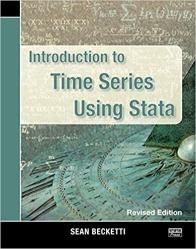 Название: Introduction to Time Series Using Stata, Revised Edition
Название: Introduction to Time Series Using Stata, Revised EditionАвтор: Sean Becketti
Издательство: Stata Press
Год: 2020
Страниц: 446
Язык: английский
Формат: epub
Размер: 15.1 MB
Introduction to Time Series Using Stata, Revised Edition provides a step-by-step guide to essential time-series techniques–from the incredibly simple to the quite complex– and, at the same time, demonstrates how these techniques can be applied in the Stata statistical package. The emphasis is on an understanding of the intuition underlying theoretical innovations and an ability to apply them. Real-world examples illustrate the application of each concept as it is introduced, and care is taken to highlight the pitfalls, as well as the power, of each new tool. The Revised Edition has been updated for Stata 16.

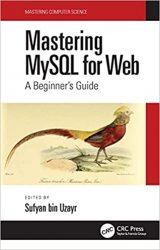
 Название: 50+ Linux Commands before joining a Company
Название: 50+ Linux Commands before joining a Company Название: Study on Data Placement Strategies in Distributed RDF Stores
Название: Study on Data Placement Strategies in Distributed RDF Stores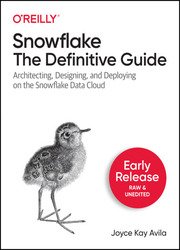 Название: Snowflake: The Definitive Guide: Architecting, Designing, and Deploying on the Snowflake Data Cloud (Fourth Early Release)
Название: Snowflake: The Definitive Guide: Architecting, Designing, and Deploying on the Snowflake Data Cloud (Fourth Early Release)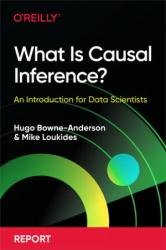 Название: What Is Causal Inference? An Introduction for Data Scientists
Название: What Is Causal Inference? An Introduction for Data Scientists Название: Data Quality Fundamentals: A Practitioner’s Guide to Building More Trustworthy Data Pipelines (Second Early Release)
Название: Data Quality Fundamentals: A Practitioner’s Guide to Building More Trustworthy Data Pipelines (Second Early Release)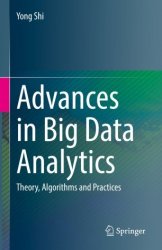
 Название: Rhythmic Advantages in Big Data and Machine Learning
Название: Rhythmic Advantages in Big Data and Machine Learning Название: Accelerating Enterprise Digital Transformation with a Next Generation Database
Название: Accelerating Enterprise Digital Transformation with a Next Generation Database